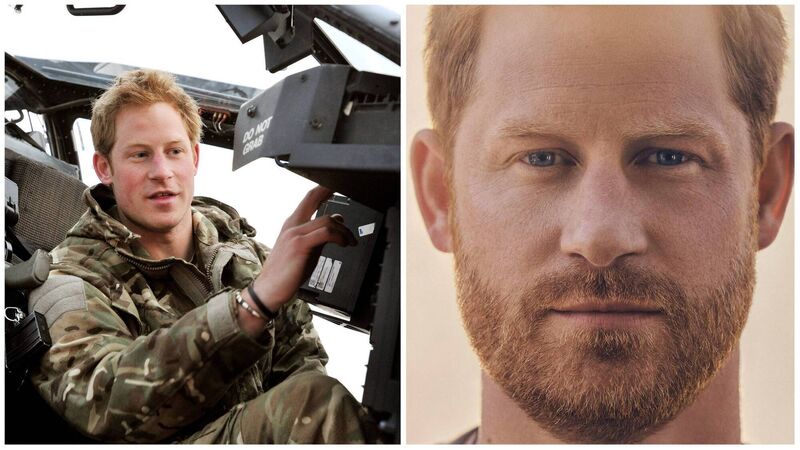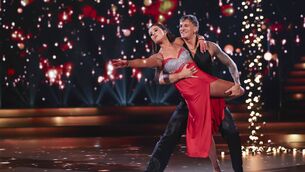Book review: The red meat in Harry's Spare comes in fine detail of family interactions

(Left) Prince Harry or just plain Captain Wales as he is known in the British Army, makes his early morning pre-flight checks in the cockpit on the flight-line, at Camp Bastion southern Afghanistan, where he is serving as an Apache Helicopter Pilot/Gunner with 662 Sqd Army Air Corps, from September 2012 for four months until January 2013.
- Spare
- Prince Harry, The Duke of Sussex
- Bantam, €30.99




